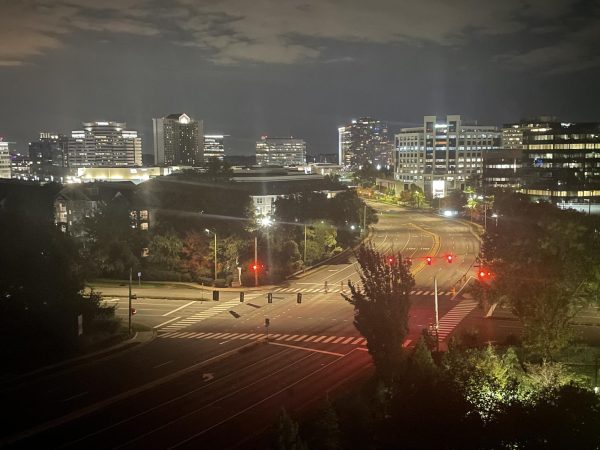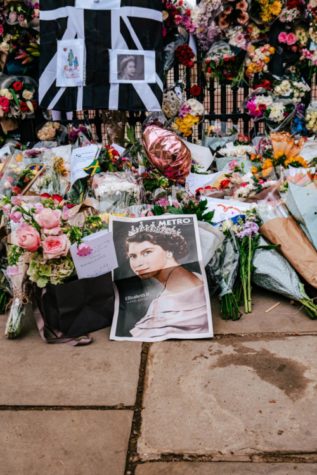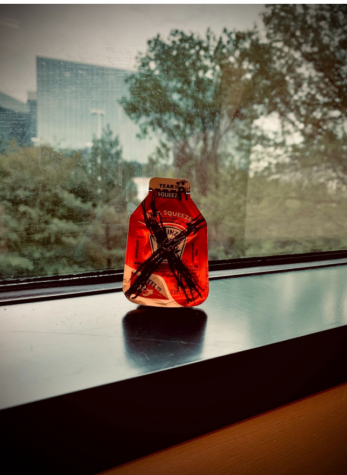The Situation in Myanmar
This has been a tumultuous three weeks for the people of Myanmar. There have been large scale protests stemming from a military coup on February 1st. The coup started with declaring the election invalid and therefore preventing the president, Win Myint, from taking office. Two days later, Myint was arrested for not following COVID-19 restrictions and breaching campaign guidelines. The state counselor, Aung San Suu Kyi, was also charged for not following COVID-19 restrictions as well as illegally importing and using a foreign radio and communication devices, such as a walkie talkie.
There have been several instances of the military firing live ammunition into the crowds. There are two reported casualties, one, a gunshot wound to the head, and the other, a gunshot wound to the chest. Starting February 4th, there was also a communications blackout that blocked apps like WhatsApp, Instagram, and Facebook messenger. The military claims that there had been voter fraud in the previous election, but the union election committee disputes, citing there was no evidence to back up the military’s claim of 8.6 million irregularities. There have also been strikes in at least 110 government hospitals and healthcare agencies.
A couple of days before the coup, the International Monetary Fund gave the Central Bank of Myanmar 350 million dollars. The Chinese have large holdings in Myanmar, including a 479-mile-long crude oil pipeline and a 1,700-mile natural gas pipeline. There has been opposition to the pipeline because the contract was signed under the military regime and because many view it as irresponsible to export oil when three quarters of the people in Myanmar do not have electricity. The coup has also led many corporations to halt or completely stop investments in Myanmar. President Joe Biden declared that his administration will freeze over 1 billion dollars in Myanmar government assets held in the United States.
Class of 2025: Cameron is currently a staff writer, reporter, and photographer for the The BIM Bulletin. He focuses his reporting on the opinions of the...









